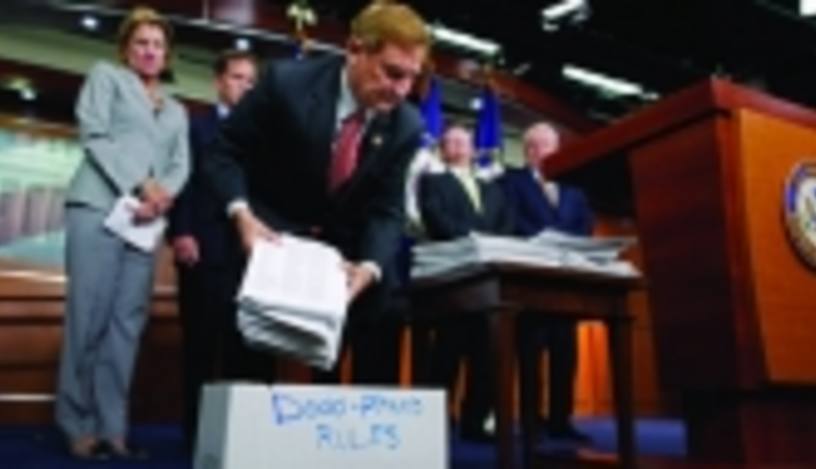Thanks to Section 1073 under the Dodd-Frank Wall Street Reform and Consumer Protection Act, financial institutes in the US are trying to figure out how they are going to comply with regulation that requires so many technical and cultural changes to a business that offering an efficient service becomes commercially impractical.
Section 1073 requires transparency on all potential fees and taxes, foreign exchange (FX) rates, fund delivery times before payments are initiated, and shifts error liability from the consumer to the institution. It also requires the service provider to issue a post-payment receipt disclosing the date that the beneficiary’s account will be credited, as well as cancellation and error resolution rights. Section 1073 also allows 30 minutes for a consumer to request a recall of a payment.



